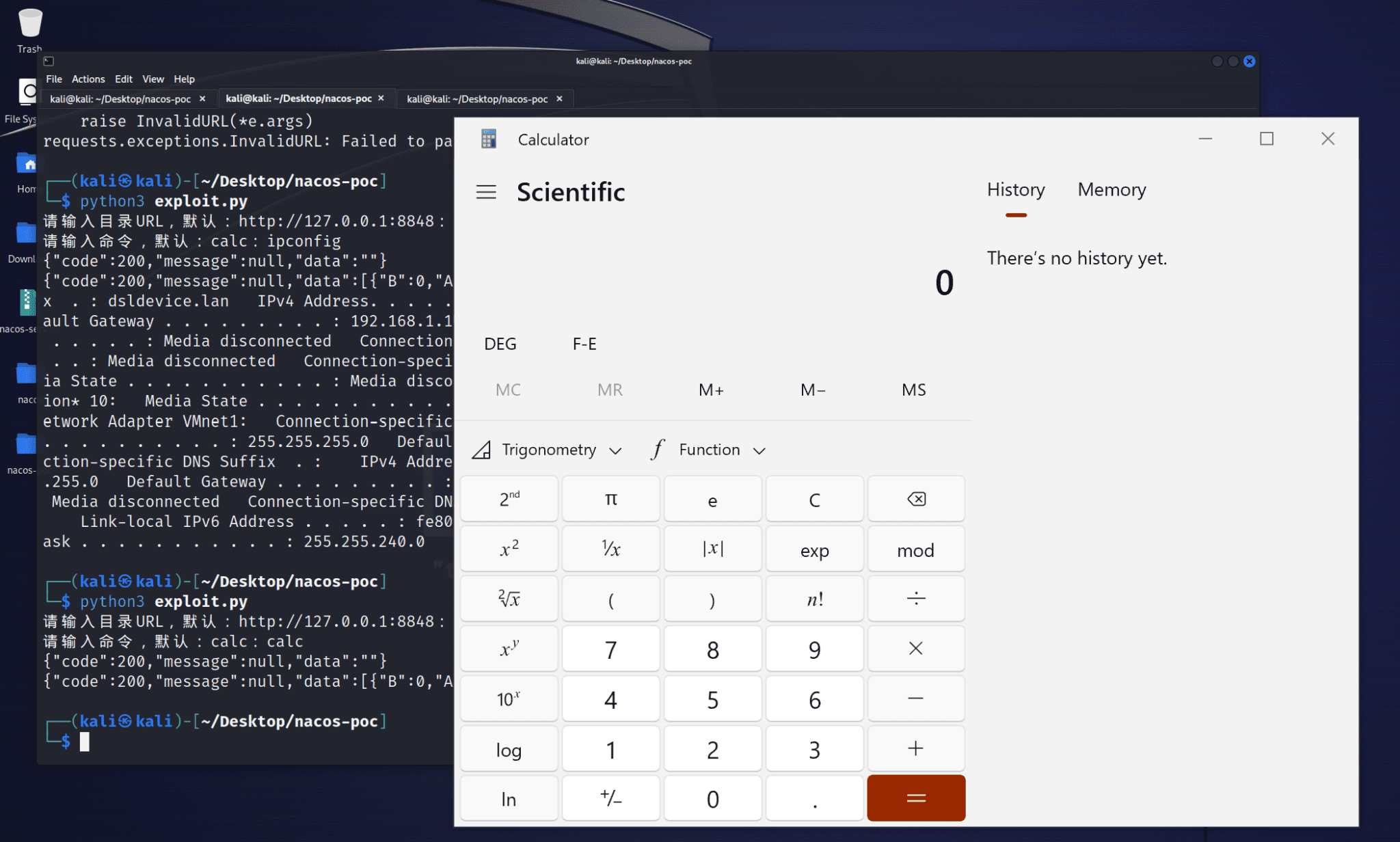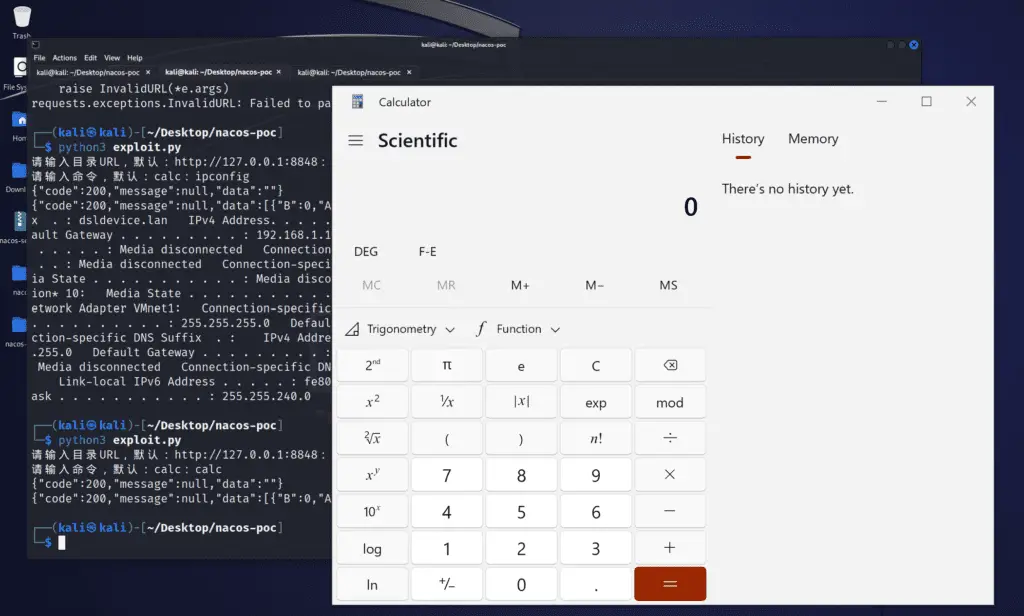Urgent Zero-Day Vulnerability Discovered in Alibaba’s Nacos Platform, PoC Published

A critical zero-day vulnerability has been identified in Alibaba’s Nacos platform, a widely used open-source tool for dynamic service discovery and configuration management. This discovery, disclosed by an independent security researcher, has raised serious concerns due to the potential impact on cloud-native applications and microservices architectures that rely on Nacos.
What is Nacos?
Nacos, an acronym for Naming and Configuration Service, is an open-source platform developed by Alibaba. It serves as a cornerstone for building cloud-native applications and microservices platforms, offering dynamic service discovery, configuration management, and service management capabilities. Its ease of use and robust features have propelled it to popularity among developers worldwide.
The Vulnerability

The newly discovered zero-day vulnerability affects Nacos versions 2.3.2 and 2.4.0. Cybersecurity experts have verified the legitimacy of the exploit code released by the researcher, confirming its effectiveness on at least version 2.3.2. The nature of the vulnerability remains under wraps as researchers scramble to understand its full scope and potential damage.
Immediate Concerns
Zero-day vulnerabilities are notoriously dangerous due to the lack of existing patches or mitigations. Malicious actors can exploit them before developers have a chance to address the issue, leaving systems and data vulnerable to attack. Given Nacos’ widespread adoption in cloud-native environments, the potential fallout of this vulnerability is substantial.
Recommendations for Users
While Alibaba works tirelessly to develop a patch, users are urged to take immediate action to protect their systems:
- Upgrade: If possible, upgrade Nacos to the latest available version.
- Monitor: Closely monitor Nacos logs and network traffic for any suspicious activity.
- Limit Access: Restrict access to Nacos instances to authorized personnel only.
- Implement Workarounds: If upgrading is not feasible, consider implementing temporary workarounds to mitigate the risk.





